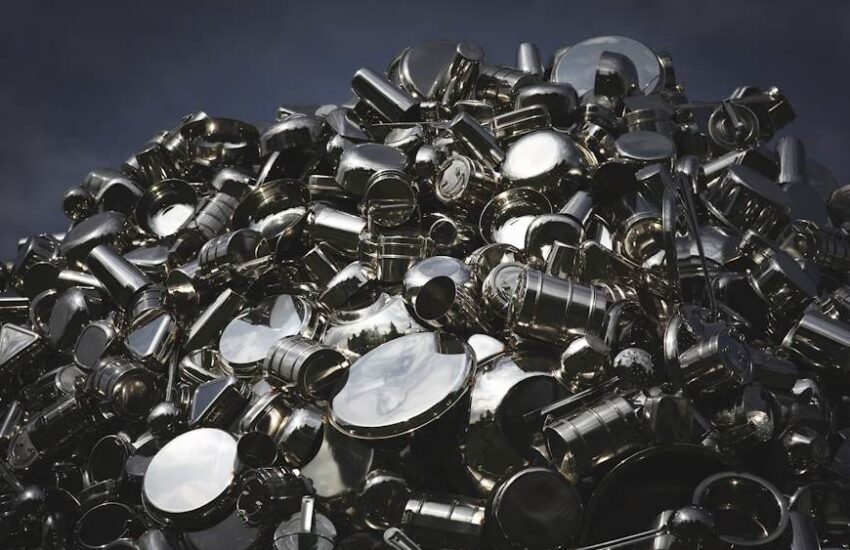Preparing Your Finances for Buying a New Home
Buying a home can be an exciting, yet daunting experience. It’s the largest purchase most people will make in their lifetime, and it pays to be prepared financially ahead of time. Doing so helps you avoid any nasty surprises during the process and allows for a smooth transition into homeownership.
Many will ask why you’re not saving for a new house while still renting as this is the way to get a foot on the property ladder. If you can rent for an amount that allows you a margin to save, then you are well on the way to becoming a homeowner. Many then consider this as having achieved something in their life. It is also nice to have flexibility when it comes to home improvements and how your home can look.

If you’re planning to buy a new home soon, here are some money-saving tips that will help get your finances ready for this major investment. From understanding your credit score to budgeting correctly and saving up for down payments or closing costs, these tips will set you up for success when it comes time to buy your dream house!
Understand Your Credit Score
First and foremost, it is paramount that you understand your credit score. Before you even begin the home-buying process, review your credit history to get an idea of what interest rate you could be eligible for.
A higher credit score will often mean a lower interest rate when it comes time to apply for a mortgage. If your score is lower than expected, start making improvements and paying any debt you have before you apply.
A good tip is to use a credit card and then pay the balance off on time to show that you are a good credit risk. By doing this, you are showing money lenders that you are financially responsible.
Budget Carefully
Creating a budget is essential when it comes to buying a new home. Once you know your credit score, map out your monthly income and expenses to get an idea of what type of loan and monthly payment is right for your financial situation. This will help you stay organized and not overspend when looking for your perfect home.
Be aware that there will not only be the price of the property to consider but also the closing costs involved. Then beyond that the normal costs of living, which might differ depending on the location you are moving to.
Responsible money lending is having a margin for if there are interest rate rises but you can potentially fix mortgage rates for a set period to have that guarantee. It is worth asking about that. You will likely pay a higher rate of interest for the privilege, but then, at least you know that it is not going to end up significantly more, in the short-term at least.
Start Saving
In addition to budgeting correctly, start saving for a down payment and closing costs. Keep in mind the more money you can put toward your new home upfront, the lower your loan payments will be in the long run. Start by cutting back on unnecessary expenses and setting aside any extra money you can each month.
Having a good deposit is the key to being able to afford to buy a home. It is well worth saving a large amount to make this possible.
Conclusion
Preparing your finances for a new home isn’t always easy, but taking the time to understand your credit score, budgeting carefully, and saving for a down payment, in particular, will help make this process smoother.
With the right preparation and planning, you’ll be well on your way to owning a home of your own!


